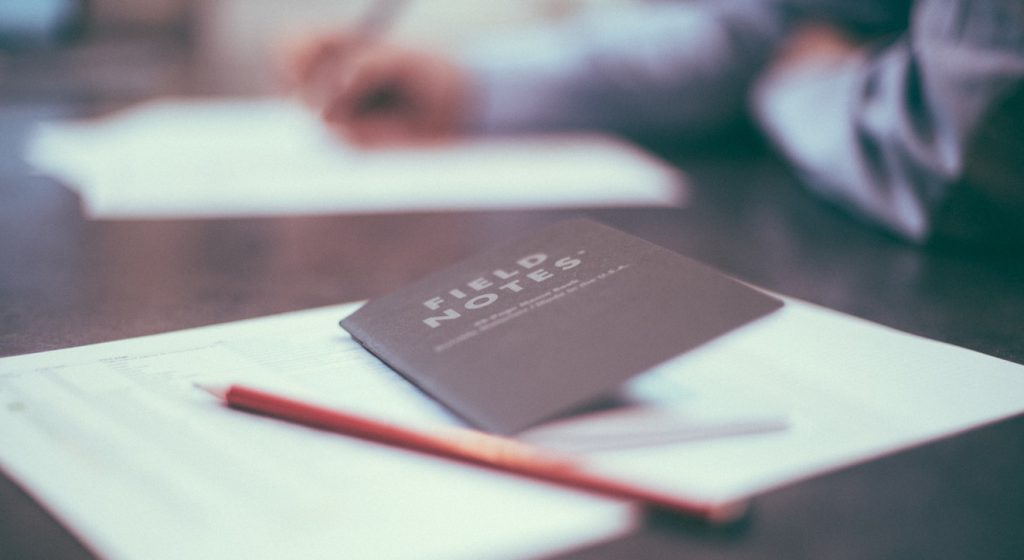Here is all you need to know about studying without struggling from the Journalism students at Dunclug College.
How to make Studying not so bad

Revising for exams and class tests are extremely important, even for those subjects that you find easier than others. There is no short cut when it comes to revising. When you put enough revision in, you’ll get the results. Here is how to make revision much easier for you.
Make a plan
Write down the subjects from what you find hardest to easiest, because this will help you gather the information you need to decide how much revision you need to put in for each subject, so you can create a revision timetable for each day and put in the subjects in for no one than an hour (don’t forget to take breaks) and put in more of the subjects you find more difficult and less of the subjects you find not as hard.
Make notes
Everyone has their different way of revising. Personally I write down bullet points and questions, but if that doesn’t work for you, you can make a spider diagram for each topic for the subject, flash cards (highly recommend for learning words or for anyone studying a language), past papers and revision booklets.
Remove all distractions
Distractions are like enemies with revision. If you leave them out, they will cause you to use them and interrupt you, while you try to revise. But, by putting them away out of sight, will decrease your chances of the using them. Turn them off before you remove them, be it phone, tablet, x box, PlayStation, you get the idea. Note that it’s easier to study in a quiet room or if you could play classical music, but not songs with words because that could distract you from your studying (I know from experience).
Start early
Cramming in your revision makes you panic and stressed, which won’t help you take in the information quick. Doing a little revision every day, will help keep the information you have learned in school in your head because if you do that then when it comes close to the exam, you won’t worry as much.
Get enough sleep
Getting a good night sleep is super important when it comes to revising. When you are tired, you’ll not take the information is as well and you’ll not want to revise either, just catch from zzzzs. Back to distractions, at night keep them far away from your bed, so you aren’t losing sleep over it or fall asleep while on your phone etc.
This advice has just come at the right time for anyone who is sitting their GCSE’s or A-levels in the next few months. Please pass this on to any students who you think it could help.





